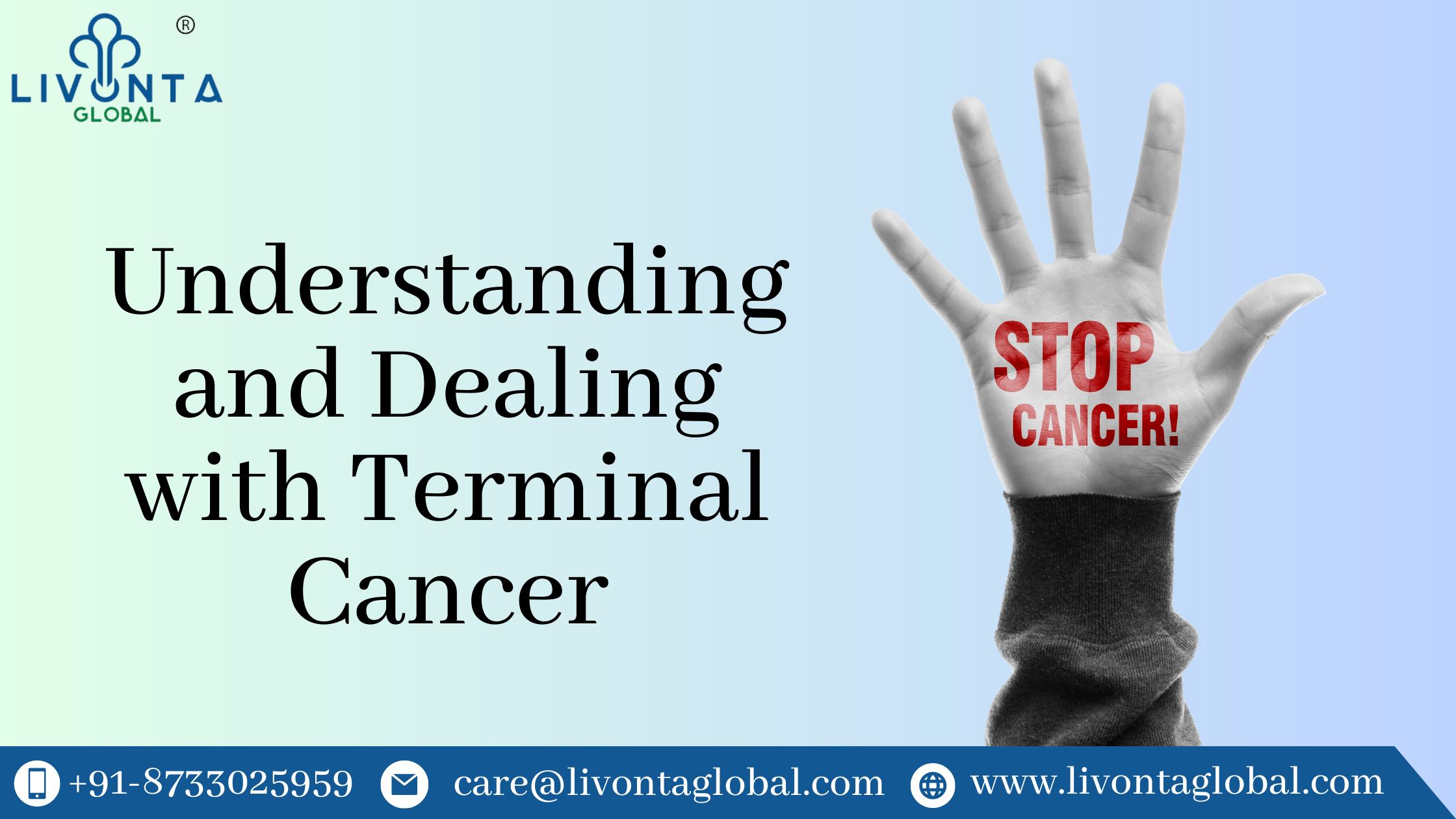
Understanding and Dealing with Terminal Cancer
Probably one of the deadliest words in the world is cancer – and more so when it is diagnosed at a very later stage. Cancer that cannot be cured or treated is referred to as terminal cancer. The cancer hospitals in India refer to it as end-stage cancer. Any type of cancer has the potential to progress to terminal cancer. Advanced cancer differs from terminal cancer. Advanced cancer, like terminal cancer, is incurable. It does, however, respond to treatment, which may delay its growth. Even if you are placed in one of the best cancer treatment hospitals in India, it does not work for terminal cancer. As a result, terminal cancer treatment concentrates on making the patient as comfortable as possible.
In general, terminal cancer reduces a person’s life expectancy. However, a person’s actual life expectancy is determined by a number of factors, including:
- The type of cancer they have,
- Their overall health, and
- Whether or not they have any other health problems
When evaluating someone’s life expectancy, doctors frequently rely on a combination of clinical experience and intuition. However, investigations show that this estimate is frequently wrong and unduly optimistic.
To tackle this, researchers and doctors have developed numerous sets of recommendations to assist oncologists and palliative care specialists in providing people with a more accurate estimate of their life expectancy. These are some examples of guidelines:
Scale of Karnofsky performance – This scale assists clinicians in determining a person’s overall level of functioning, including their capacity to perform everyday tasks and care for themselves. The result is expressed as a percentage. The lower the score, the shorter the expected life span.
Prognostic score for palliative care – This calculates a number between 0 and 17.5 based on a person’s Karnofsky performance scale score, white blood cell and lymphocyte counts, and other criteria. The lower the life expectancy, the higher the score.
These estimations, while not always exact, serve a vital purpose. They can assist patients and their doctors in making decisions, setting objectives, and developing end-of-life plans.
Are there any treatments for terminal cancer?
A terminal cancer cannot be cured. This implies that there is no cure for cancer. To assist someone feel as comfortable as possible, there are numerous treatments available. This frequently entails reducing the negative effects of both the cancer and any drugs being taken. To increase life expectancy, some doctors may still use chemotherapy or radiation, but this is not always an option.
What are the next steps after diagnosis?
There’s no alternative than to accept your emotions. Being told that you have terminal cancer can leave you feeling incredibly unsure. Again, nothing abnormal about this. Consider making a list of inquiries for both your doctor and yourself in order to address this ambiguity. In fact, doing this will improve the way you interact with your loved ones.
Ask your doctor about the most daunting question – what is the life expectancy. Some medical professionals could order further tests after determining a patient has terminal cancer in order to better understand the disease’s scope. This will improve your understanding of life expectancy and that of your doctor. Additionally, it might assist your doctor in getting you ready for adequate palliative care.
Questions to ask yourself
The decision to move forward after learning that one has terminal cancer is highly subjective. Although making these choices may be quite challenging, you might find it helpful to consider the following questions:
- Do therapies merit the cost? You might want to think about using palliative care instead. It’s intended to make your final days as comfortable as possible.
- Do I require a power of attorney? If you ever lose the ability to make decisions for yourself, this paper will enable you to carry out your wishes.
- What activities do I desire? Some people who have terminal cancer choose to go about their regular lives as usual. While they are still able, some people decide to travel and explore the world. Your choice should reflect who you are.
Tags: Terminal Cancer

